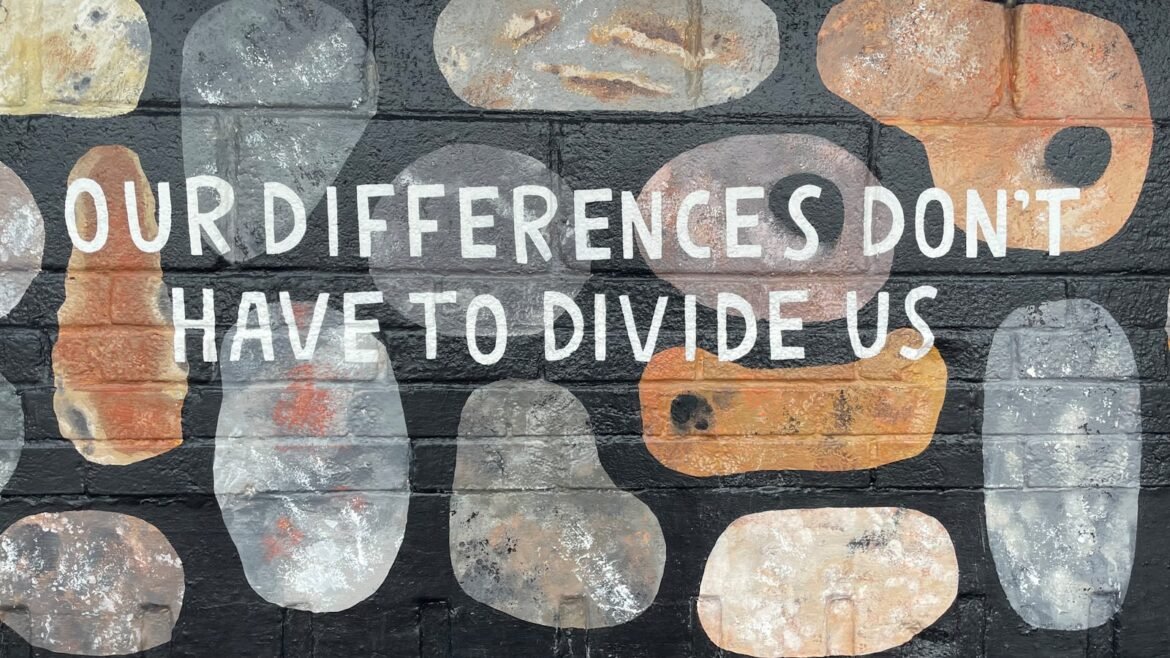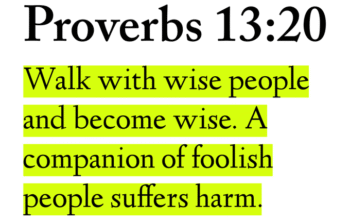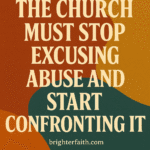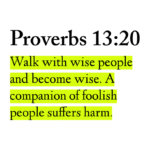Empathy is a gift from God—a way of connecting with others and showing compassion. But sometimes, empathy gets twisted into something it was never meant to be. To protect our dignity and safety, we must be clear about what empathy is not.
1. Empathy is not excusing harm.
Understanding someone’s pain does not mean justifying the harm they cause. Scripture calls us to love, but it never asks us to call evil good (Isaiah 5:20).
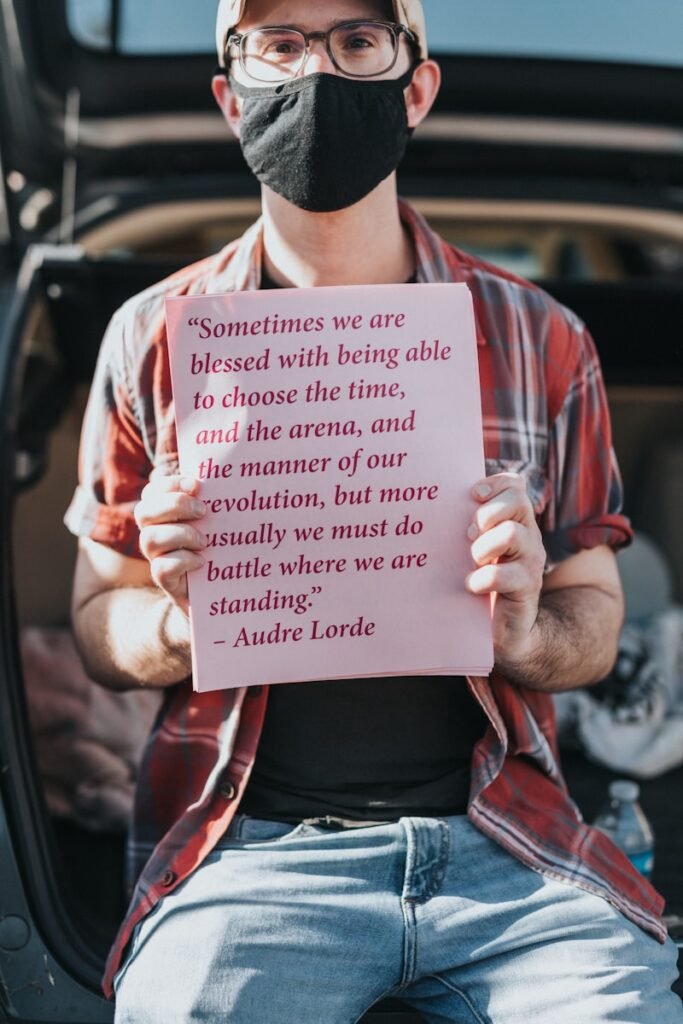
2. Empathy is not erasing boundaries.
You can be kind and still say “no.” True empathy respects boundaries—yours and others’. It does not demand that you make yourself unsafe for the sake of someone else’s comfort.
3. Empathy is not silence in the face of injustice.
Being empathetic doesn’t mean ignoring cruelty or looking the other way. God’s justice and compassion always walk hand in hand. Speaking truth is not a lack of empathy—it is an act of love.
4. Empathy is not self-erasure.
To empathize with others doesn’t mean losing your own voice, story, or dignity. You don’t have to minimize your pain or worth to validate someone else’s.
5. Empathy is not unlimited access.
No one is entitled to your constant compassion—especially those who exploit it. Jesus Himself often withdrew from the crowds to rest and pray. Empathy must be stewarded, not demanded.
Final Word
Empathy is a beautiful reflection of God’s heart, but it must be paired with wisdom, boundaries, and truth. When empathy is forced, manipulated, or twisted, it no longer reflects God’s design. You can be compassionate and still protect your safety, dignity, and rights.

